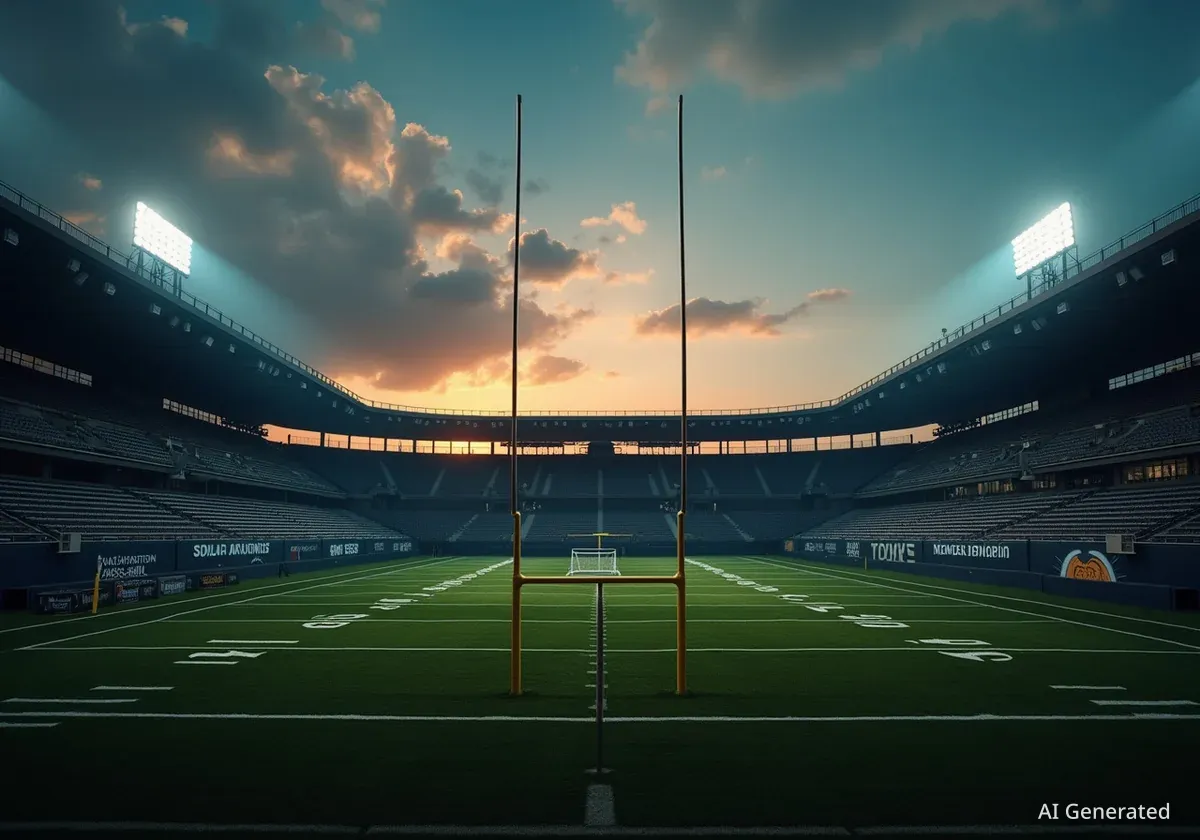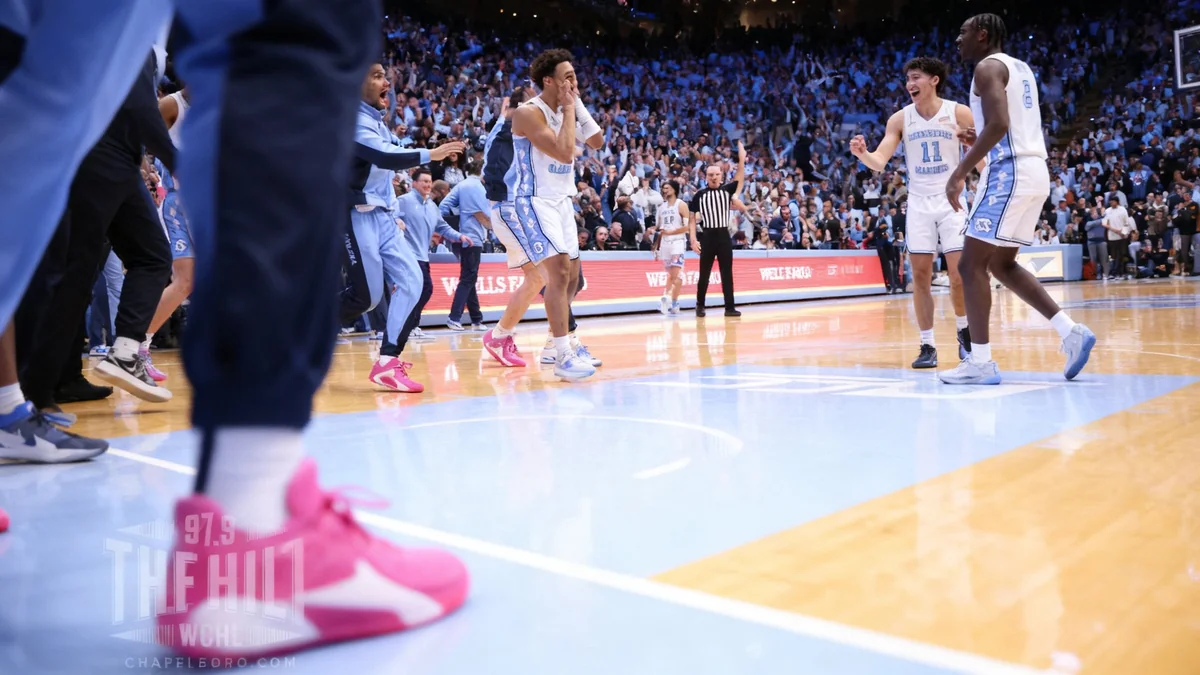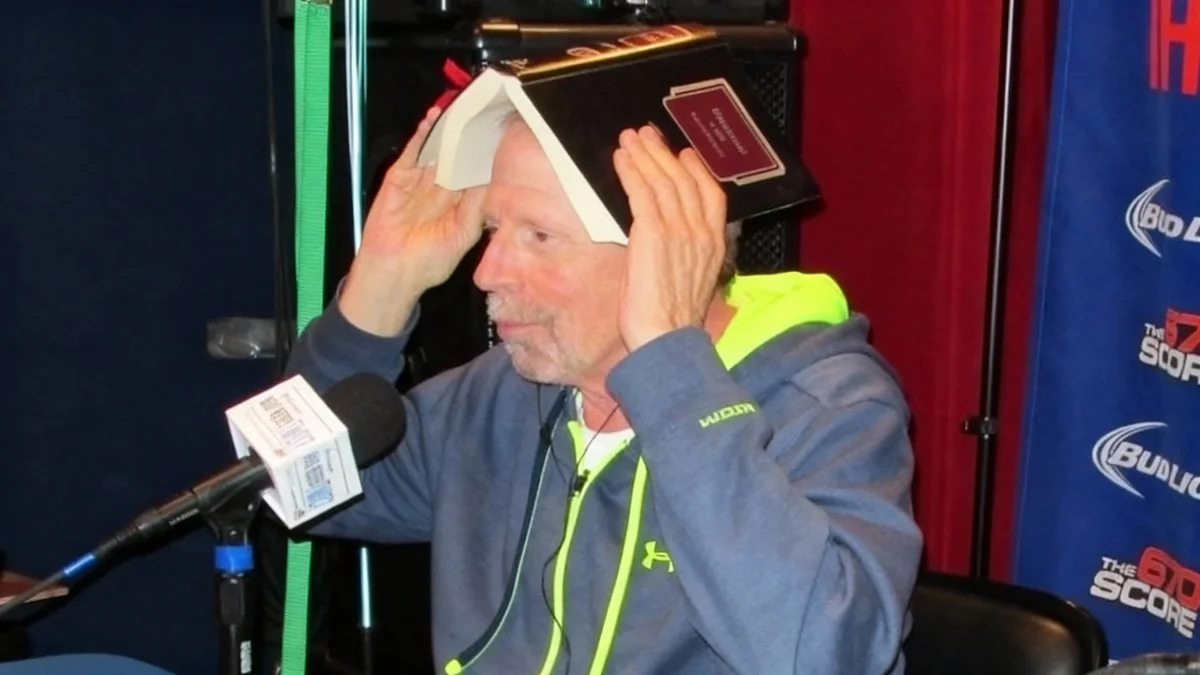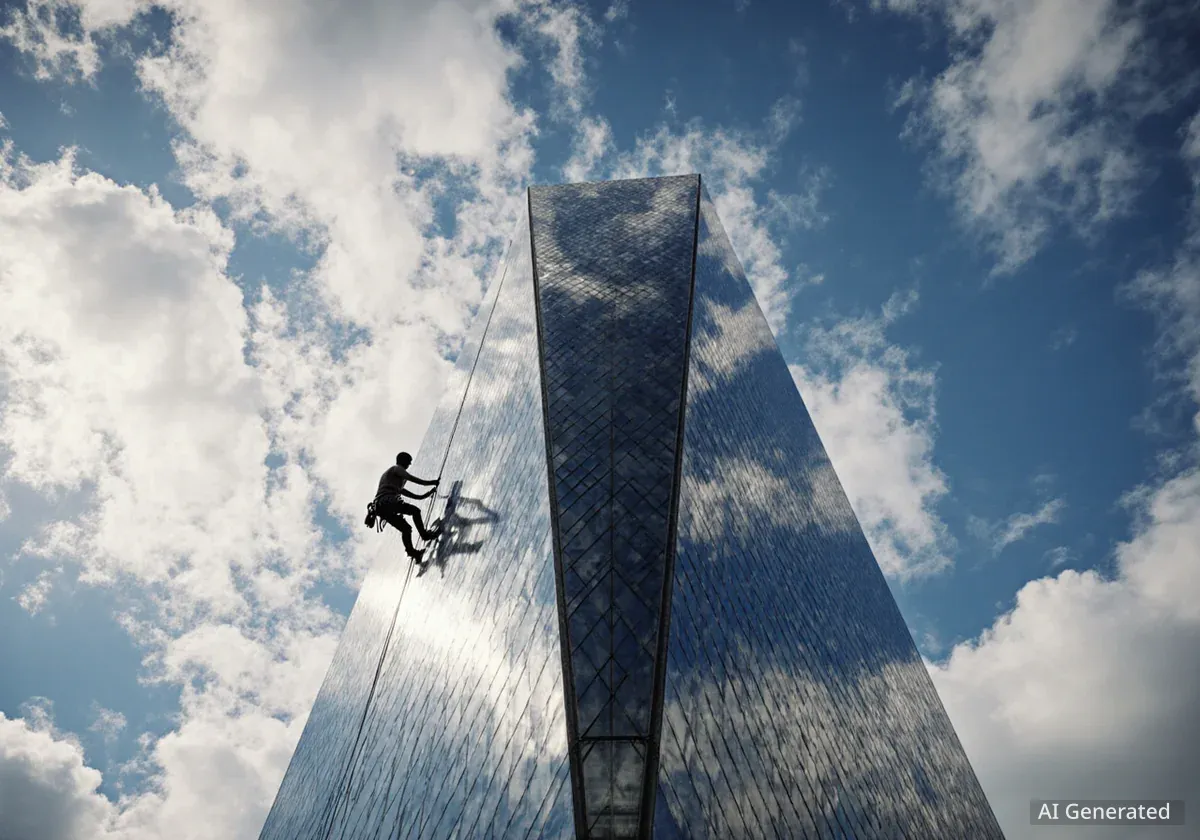The University of North Carolina (UNC) football program is currently facing a period of scrutiny, particularly with the arrival of new head coach Bill Belichick. This situation echoes historical challenges within the program, which has often struggled to achieve consistent success despite periods of stability. The current focus on Belichick's leadership and the team's performance highlights a recurring theme of high expectations meeting complex realities in Chapel Hill.
Key Takeaways
- UNC football has experienced significant coaching turnover since the late 1990s.
- Periods of stability under Dooley, Crum, and Brown 1.0 led to ACC titles and bowl appearances.
- Hiring decisions have faced external influence and unexpected changes.
- New coach Bill Belichick faces high expectations amid a challenging team landscape.
- The program's history shows a pattern of aiming for national relevance with mixed results.
A Look at Historical Coaching Stability
For several decades, UNC football benefited from coaching stability. Coaches Bill Dooley, Dick Crum, and Mack Brown (during his first tenure) led the program for over 10 years each. These coaches achieved notable success, securing a combined total of four ACC championships before Florida State joined the conference. They also guided the Tar Heels to 18 of the school's 39 total bowl bids. Each departed as the winningest coach in program history at the time.
This period, spanning 31 seasons, provided a level of consistency that has not been replicated since. The long tenures allowed for program building and sustained competitiveness. However, even during these times, UNC was primarily recognized as a basketball school, a fact that sometimes created tension for the football staff.
Historical Wins
Bill Dooley (1971-1977): 4 ACC titles, 69 wins
Dick Crum (1978-1987): 1 ACC title (1980), 67 wins
Mack Brown 1.0 (1990-1997): 69 wins
The Post-Brown 1.0 Era: A Carousel of Coaches
The departure of Mack Brown in 1997 marked a significant shift. Brown left for Texas after receiving an offer the university could not match. Athletic Director Dick Baddour initially sought to hire Jim Donnan, then coaching at Georgia. Donnan, a Burlington native and former UNC assistant, was reportedly close to accepting the position. However, Georgia's Athletic Director, Vince Dooley, persuaded him to remain in Athens.
Faced with this unexpected turn, Baddour chose to promote defensive coordinator Carl Torbush. The decision aimed to maintain the momentum Brown had established. Torbush led the 1998 team to a 7-5 record, culminating in a victory at the Las Vegas Bowl. The following year, however, saw a rapid decline. The team started 1-8 after losses to Maryland, Furman, and Wake Forest. Torbush informed media members that he had been fired, though he was allowed to finish the season.
"The constancy of those 31 seasons has not been matched, or even close to it," noted a long-time observer regarding UNC's historical coaching stability.
University Politics and Coaching Decisions
Throughout UNC's football history, various stakeholders, including athletic directors, chancellors, and even the Board of Trustees, have played roles in coaching hires and dismissals. This complex interplay of influence has sometimes led to unconventional decisions and unexpected outcomes in the leadership of the football program.
The Torbush Tenure and Frank Beamer's Near Arrival
Despite the initial reports of his firing, influential figures like Dean Smith and women's basketball coach Sylvia Hatchell advocated for Torbush. After significant wins against NC State and Duke, UNC reportedly reconsidered. A press conference was held to announce Torbush's retention, though it was marked by a public disagreement between Torbush and an Associated Press writer about the prior firing reports.
Midway through the 2000 season, with Torbush's team at 3-5, another potential coaching change emerged. Frank Beamer's agent contacted Baddour, indicating the respected Virginia Tech coach was interested in coming to Chapel Hill. The agent inquired if Torbush could still be dismissed even if he won the remaining three games. Torbush did win those games, finishing 6-5, but Carolina declined a bowl bid and dismissed him.
Chancellor James Moeser then presented the case for Beamer to the Board of Trustees, requesting a multi-year contract worth approximately $1.5 million annually. The trustees, however, deemed this amount too high. Simultaneously, Beamer met with the new Virginia Tech president, who agreed to staff raises and facility upgrades. For the second time in three years, a coach who seemed set for Chapel Hill changed his mind, leaving Baddour in a difficult position.
The Bunting and Davis Eras
Following the Beamer situation, John Bunting, a former UNC star linebacker and co-defensive coordinator for the Super Bowl champion St. Louis Rams, expressed interest. With support from former Tar Heel teammates, Bunting was hired. Baddour informed the Trustees that Beamer was out, and they would be pleased with the new coach, an alumnus who would command less than half of Beamer's proposed salary.
Bunting's first team, benefiting from some of Brown's 1997 recruiting class, including Julius Peppers, reached the Peach Bowl and defeated Auburn 16-10. However, Bunting's lack of Division I coaching experience proved challenging. He did not achieve a winning record in any of his next five seasons. Midway through the 2006 season, the Trustees reportedly instructed Baddour to fire Bunting, indicating their continued involvement in program decisions.
The university then raised funds to hire Butch Davis, who had previously coached Miami into a top-10 program. Davis, recently paid off by the Cleveland Browns, was seeking a return to college football. UNC hired him for just under $2 million annually, starting in 2007. However, the vetting process for assistant coaches was reportedly insufficient. Line coach John Blake, known for a questionable recruiting reputation, was hired. Blake's recruitment of Marvin Austin, a five-star linebacker, later became central to an NCAA investigation.
After three consecutive 8-5 seasons, the NCAA investigation into academic and athletic misconduct led to Davis's dismissal in 2010 by new Chancellor Holden Thorp. The probe, which lasted seven years and cost millions in legal fees, ultimately concluded in 2017 with no NCAA sanctions. This decision ironically coincided with the unfurling of Roy Williams' third national championship banner at the Dean Dome.
- 1997: Mack Brown leaves for Texas.
- 1998-2000: Carl Torbush serves as head coach.
- 2001-2006: John Bunting leads the program.
- 2007-2010: Butch Davis is head coach, followed by NCAA investigation.
Larry Fedora and Mack Brown's Return
Following the Davis era, Athletic Director Bubba Cunningham hired Larry Fedora. Fedora achieved four winning seasons and led the Tar Heels to the 2015 ACC football championship game, where they lost to Clemson 45-37. However, consecutive seasons of 3-9 and 2-9 led to Fedora's firing. Cunningham then made the decision to bring Mack Brown back for his second tenure.
Brown's return was seen as an attempt to restore stability and success to the program. His previous track record and familiarity with the university were key factors in this decision.
Bill Belichick's Arrival and Current Challenges
The current chapter of UNC football features the highly anticipated arrival of Bill Belichick. Belichick, a Super Bowl-winning coach, brings immense expectations and a national spotlight to the program. His hiring signifies a renewed commitment to achieving national relevance in football.
However, the initial results have been mixed. The team has started the season with a 2-2 record. This early performance has already raised questions among fans and analysts about the team's talent level and Belichick's ability to quickly transform the program. The current situation, with high hopes meeting early challenges, feels familiar to long-time supporters of Tar Heel football.
The university's increased investment in the football program, coupled with the tumultuous landscape of college sports, amplifies the pressure on Belichick to deliver on these lofty aspirations. The coming months will be critical in determining the trajectory of this new era for UNC football.
Photo: UNC football head coach Bill Belichick talks to linebacker Andrew Simpson (2) during the Tar Heels’ against Richmond, Saturday, Sept. 13, 2025. (Photo via AP Photo/Chris Seward.)




